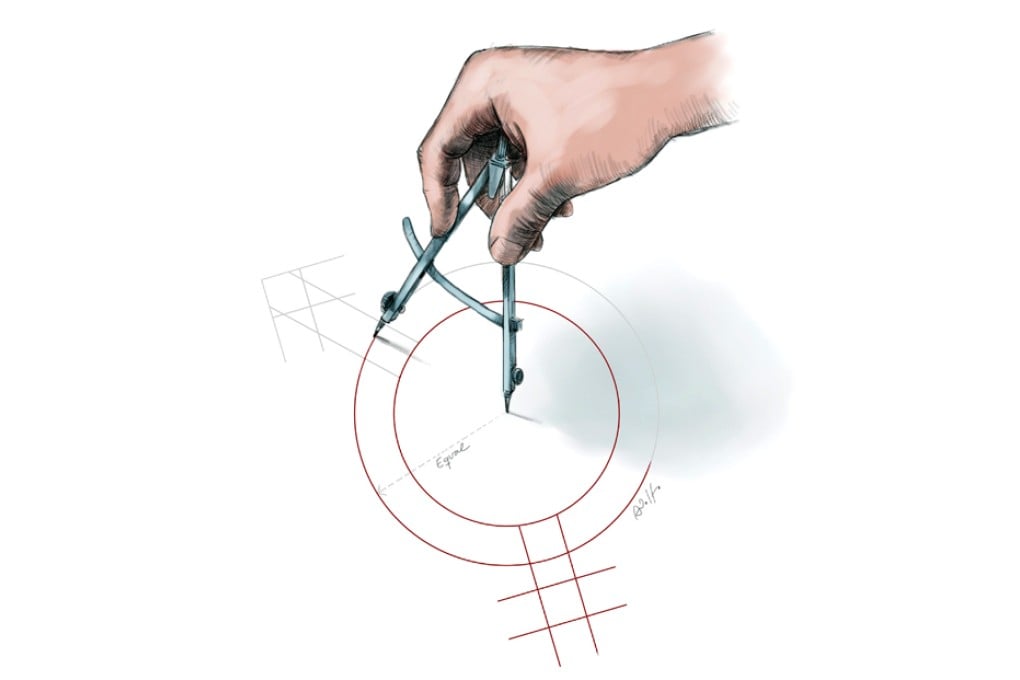Hong Kong still failing its women
Su-Mei Thompson and Jo Baker say while Hong Kong may be ahead of others in protecting the rights of women, it still has some way to go to ensure their full and equal participation in all aspects of society

Later this year, Hong Kong will come under the microscope of a UN committee reviewing the city's compliance with the Convention on the Elimination of All Forms of Discrimination Against Women (Cedaw). While Hong Kong is ahead of many other societies in protecting the human rights of women, big gaps remain, and The Women's Foundation has submitted a "shadow report" to inform the committee's analysis.
The gaps we have identified are wide- ranging and affect women and girls across age bands and social strata. Chief among them is the feminisation of poverty, reflected in the lack of specific consideration given to elderly women in the government's budget for health care and the fact that, because many were not part of the formal workforce, they do not receive any benefits from the Mandatory Provident Fund scheme. This is all despite the fact women are outliving men by an average of six years.
In addition, middle-aged women hold the greatest number of casual, part-time and poorly paid jobs, representing the bulk of the workforce in catering, caring, cleaning and on cashier's desks.
Too little is being done to combat harmful gender stereotypes in media and advertising
A review of the minimal protections and benefits afforded part-time and casual workers is urgently required, along with retraining programmes that offer technical, financial and management training paired with employment opportunities that take into account the caring obligations for the elderly and children borne by many of these women.
Indeed, while Hong Kong has a number of public and NGO-run schemes that provide fully or partially subsidised services for children, the elderly and the disabled, there are too few of them due to traditional gender roles and stereotypes. This places a burden on female family members in Hong Kong.
In terms of the private-sector care market, this is restricted largely to the 10 per cent of families who can meet the financial and other requirements for hiring a foreign domestic helper. Easing the full-time and live-in requirements for foreign domestic helpers would open up the part-time care market for families who cannot afford or don't have space to employ a helper, thereby restricting the ability of women to work.
This would also, critically, allow greater protection for foreign domestic workers, who can find themselves trapped in abusive conditions, and align with the UN committee's 2006 recommendations to "implement a more flexible policy regarding foreign domestic workers" and protect them from abuses. In a recent survey by the Women's Commission, many women cited caring for family members as the main reason they dropped out of the workforce. This is in a context where flexible working hours or options to work part-time or from home are rare in most sectors and professions.
Hong Kong's paid maternity leave entitlement is among the lowest in Asia and the government's plans to introduce paternity leave seem to have stalled. In the long term, Hong Kong should embrace the concept of gender-neutral parental leave, allowing parents to choose which of them assumes the greater share of child-care responsibilities.
